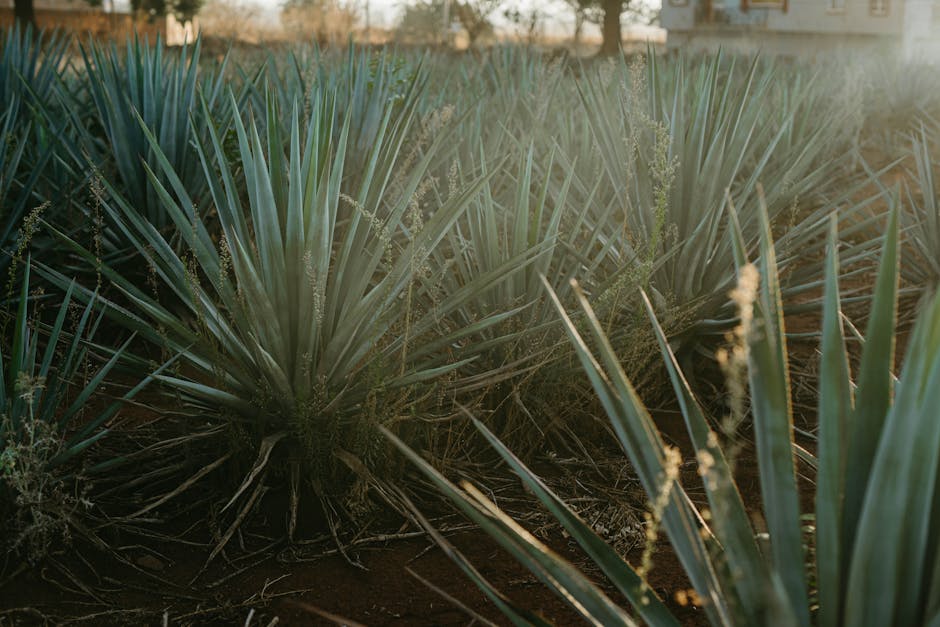Agricultural practices are undergoing a significant evolution, driven by the need for increased productivity and food security. A dominant strategy, monoculture farming, while seemingly efficient in the short-term, carries substantial long-term repercussions for the environment and human health. This essay explores the multifaceted impacts of this agricultural approach.
A Simplification with Far-Reaching Consequences
Monoculture farming, characterized by the cultivation of a single crop species across large tracts of land, has become a prevalent agricultural method globally. This approach, while potentially maximizing yields in the initial years, ultimately diminishes the health of the soil, ecosystem, and agricultural systems themselves. The focus on a single species leads to a predictable and often detrimental cascade of effects.
Soil Degradation: A Crumbling Foundation
A significant consequence of monoculture is the erosion of soil health. A diverse range of plant roots, each with unique characteristics, contributes to a rich and complex soil structure. This intricate network enhances water retention, aeration, and nutrient cycling. However, a single crop type lacks this diversity, leading to nutrient depletion specific to that crop’s needs. Repeated planting of the same species exhausts the soil’s reserves, forcing farmers to rely on synthetic fertilizers. This, in turn, can pollute water sources and harm beneficial soil organisms. This ultimately results in a decreased fertility rate, making long-term sustainability problematic.
Ecosystem Instability and Biodiversity Loss
The removal of natural plant diversity in monoculture systems significantly impacts the local ecosystem. This simplification weakens the intricate web of interactions between plants, insects, and other organisms. A restricted food source for pollinators, such as bees and butterflies, can diminish their populations, ultimately impacting overall biodiversity. The loss of natural predators that control pests also becomes apparent, thereby leading to the need for more pesticides. This detrimental cycle of chemical use, coupled with biodiversity loss, creates a fragile and easily disrupted agricultural system.
Increased Pesticide and Herbicide Reliance
The lack of natural pest control in monoculture environments exacerbates the need for synthetic pesticides and herbicides. These chemicals often have unintended consequences, harming beneficial insects, impacting water quality, and posing potential health risks to farmers and consumers. Moreover, pests can quickly develop resistance to these chemicals, necessitating even stronger and more potent formulations over time. This escalating reliance on chemicals fuels a vicious cycle, highlighting the unsustainable nature of monoculture farming.
Erosion and Water Management Challenges
A significant concern associated with monoculture is increased soil erosion. A lack of diverse root systems reduces the soil’s ability to hold onto the soil, making it more susceptible to wind and water erosion. This erosion can lead to sediment runoff into water bodies, harming aquatic life and potentially causing pollution. Similarly, relying on a single crop type can negatively affect water management, creating issues with water retention, and even leading to increased water usage to sustain yield levels.
Economic Vulnerability and Farmer Dependence
Monoculture farming can create economic vulnerability for farmers. The reliance on a single crop makes them susceptible to market fluctuations and unpredictable weather patterns. A poor harvest due to drought, disease, or other factors can severely impact their income and livelihood. This dependence can lead to a need for financial assistance or even force farmers into a system of debt, further jeopardizing long-term sustainability.
Alternatives and Sustainable Practices
Several alternative agricultural approaches offer potential solutions to the negative impacts of monoculture farming. Polyculture, crop rotation, and agroforestry are all examples of diversified farming methods that enhance soil health, promote biodiversity, and reduce reliance on synthetic inputs. Integrating these practices can also lead to enhanced resilience to environmental stressors and enhance long-term agricultural sustainability.
Addressing the Challenges
Moving towards sustainable agricultural practices necessitates a multi-pronged approach. Government policies and incentives can encourage farmers to adopt diversified farming methods. Research and development in sustainable technologies, such as precision agriculture, can help farmers optimize resource use and minimize environmental impact. Ultimately, consumers play a vital role in driving the demand for locally sourced, sustainably produced foods, thereby supporting a paradigm shift in agricultural practices.
Conclusion
Monoculture farming, while initially appearing efficient, has profound long-term consequences. The depletion of soil nutrients, the loss of biodiversity, heightened pesticide use, and economic vulnerability are just some of the issues that need addressing. By embracing diverse farming practices, integrating sustainable techniques, and fostering responsible consumption choices, we can transition towards a more resilient and environmentally conscious agricultural system that ensures food security for future generations. The future of agriculture hinges on a collective effort to address these issues and promote long-term sustainability.






